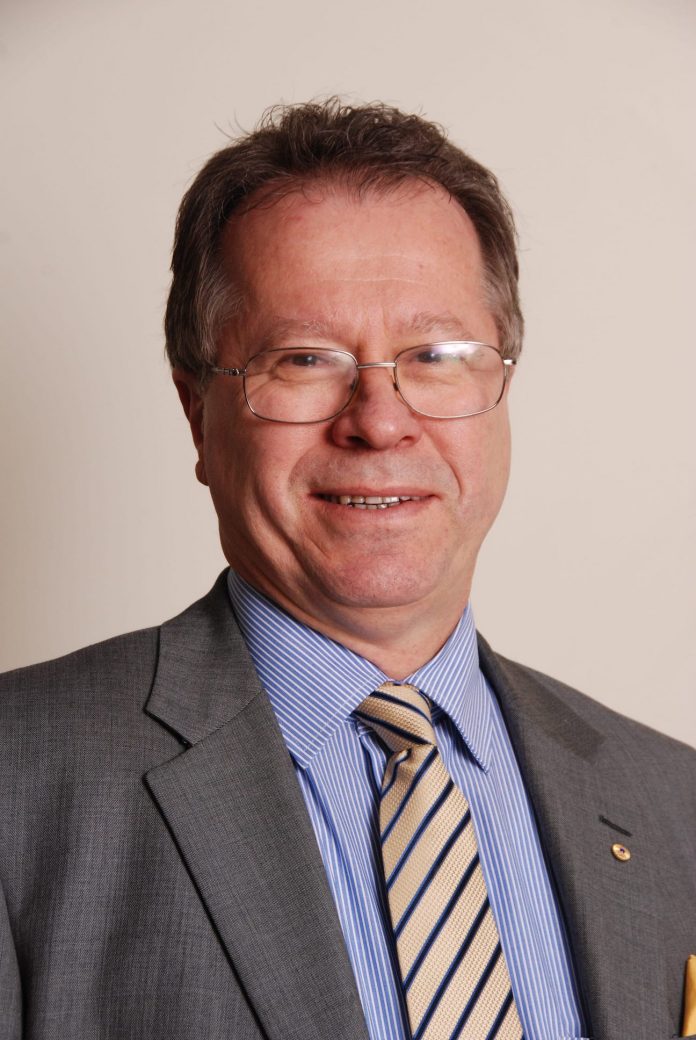COTA luminaries Jane Halton (chair) and Ian Yates (CEO) addressed a zoom meeting of journalists last month outlining the major issues that matter to older people in preparation for the general election expected in May.
Mr Yates said aged care will become a high priority issue as recommendations from the Royal Commission into aged care quality and safety begin to drive the political conversation.
However, it was important to remember that residential care is only a small part (less than six per cent) of aged care and over 70 per cent of older people do not receive government funded care at all, he said.
Broader election issues concerning older people include pensions, other income, health, housing, employment and the cost of living.
He said the government will need to continue funding pandemic costs, not forgetting ‘flu which remains dangerous to older people.
Ian Yates said seniors now have a greater mix of income streams – pension, superannuation, private savings and earnings.
“Rather than try to squeeze those people on the bottom of the heap who have little or no super, government needs to work on reducing the subsidised superannuation of high income earners.
“The recent increase in age pension has underlined the importance of indexing. Indexing should be designed to pick up on the items bought by people with low incomes.
“Indexing provides retrospective increases. These may not be timely enough for those close to the poverty margin. Governments should consider making supplementary cost-of-living payments.
“We also need to review Centrelink asset and income tests. Increasing the amount they can earn without affecting their pension will encourage older people to increase their hours of work. This will help alleviate skill shortages.”
There are proposals to include the family home as an assessable asset. This is already taken into account in funding aged care, although it is protected until the last person from family enters care.
This is a complex issue that the government needs to rethink.
“You can’t take the family home down to the supermarket to pay for groceries,” he said.
“As community living standards rise, we need to ask is the pension still adequate to provide an acceptable standard of living?”
Jane Halton said we must acknowledge the focus on older people and residential care due to report of the Royal Commission.
“People need quality care. In the short term we must improve the income of aged care staff. The government has not adopted the Royal Commission recommendation to join the Fair Work Commission process to introduce an industry-wide pay rise.”
COTA, along with unions and provider peak organisations support a 25 per cent increase across the board.
“Other aged care issues include a raft of problems. We need proposals on how to find and retain extra people and improve their training and career options,” she said.
Government needs to roll out more Home Care Packages to save on the cost of residential care and because most people prefer to stay at home. Home care packages should be allocated to the person, not the provider and become more generally available. However, some recipients may not be able to find services.
Ian Yates said whoever wins the election need to double down on issues facing older people. It is more important to consider answers to problems rather than allocate blame.
A full COTA position statement on these and other issues for older Australians will be published next month.
































